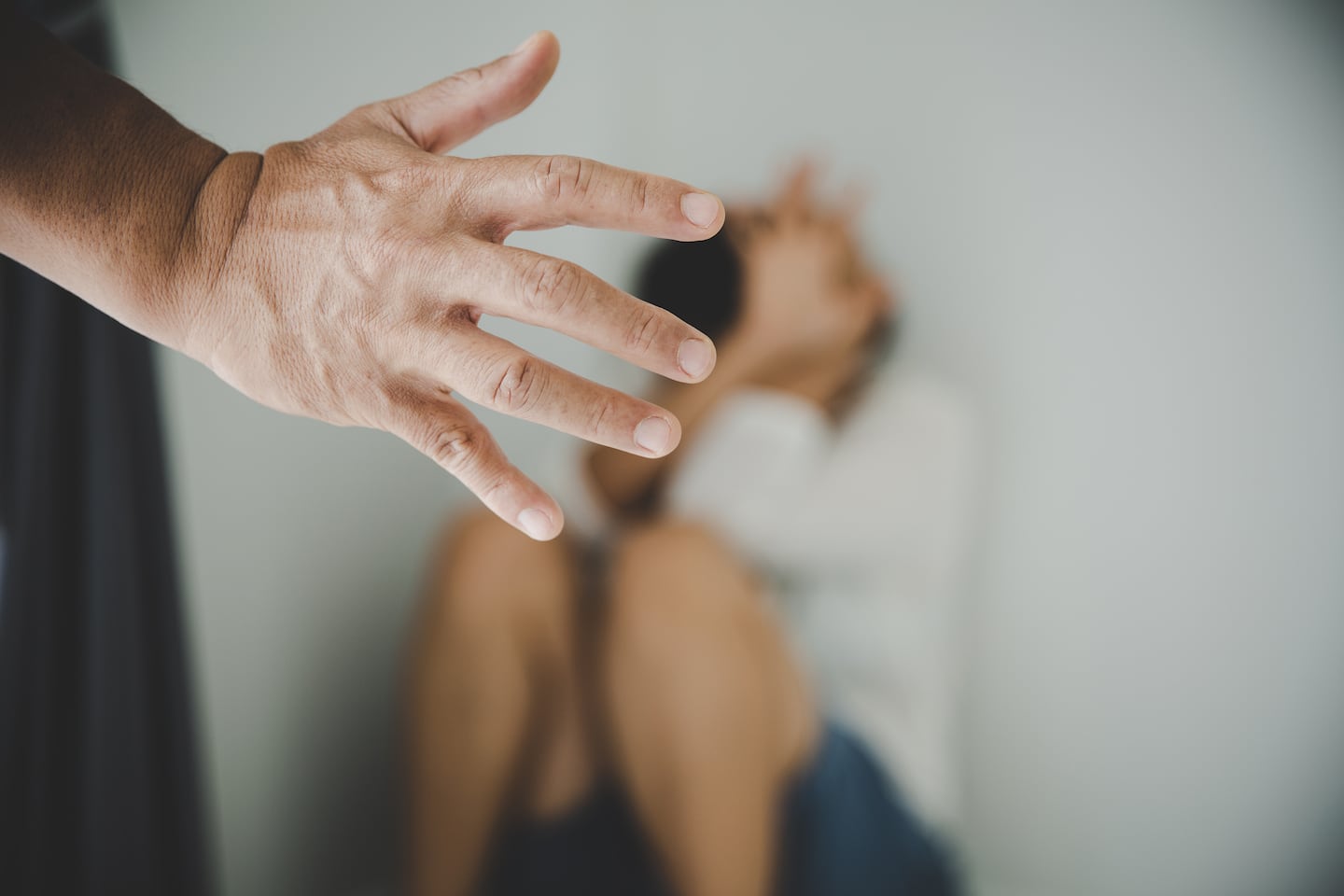A powerful conversation on tackling family and sexual violence in Māori communities will take centre stage today with the webinar Kōrero and Reflections about Violence within Whānau and Mahi Tūkino — A Litany of Sound Revisited.
This event intends to ignite meaningful dialogue and explore effective grassroots solutions, thanks to a collaboration between the New Zealand Family Violence Clearinghouse and Te Pūkotahitanga, the Tangata Whenua Ministerial Advisory Group to Karen Chhour, Minister for the Prevention of Family Violence and Sexual Violence.
The webinar will be live from 2pm.
Inspired by the whakataukī, “Kia whakatōmuri te haere whakamua” (I walk backwards into the future with my eyes fixed on my past), the webinar builds on insights from the literary review The Litany of Sound Revisited.
“First and foremost, we can’t keep doing more of what we’re doing and expect change. What we do know is at the flax-roots, our kaupapa Māori providers are working from a te ao Māori worldview and that is working,” said Professor Denise Wilson, author of the review’s comprehensive 208-page book.
She emphasised the importance of indigenous and relational approaches in developing solutions, even if they have not been extensively documented in peer-reviewed journals.
‘Another form of evidence’
The review highlights historical and contemporary contexts and also identifies existing solutions and areas where more evidence is needed to better serve whānau Māori.
“This online forum exposes the audience to people working at the grassroots in various areas that we don’t often hear from, which is really important,” Wilson added.
“First-hand experience may not fit in the academic realm but is just as credible as it is working on the ground. Think of it as another form of evidence.”
A key theme of the webinar is the necessity of the “whole-of-whānau” approach for restoration and the limitations of current government contracting and procurement processes in supporting this.
“The Litany of Sound Revisited evidenced that the whole whānau must be part of the journey,” said Poata Watene, panellist and co-chair of Te Pūkotahitanga.
“Currently, while court directions deal with perpetrators, there’s a noticeable gap concerning mandatory legislation requirements and wraparound support for the victim survivors and their tamariki to keep them safe because, nine times out of 10, the tane goes back there,” Watene explained.
Help for victims lacking
He pointed out that healing, safety planning, and service provision for victims were often lacking due to the voluntary nature of intervention engagement.
Watene also stressed that referral numbers to service providers do not reflect the actual demand in the community, partly because of coercive behaviors by perpetrators that deter participation in educational programs.
“Resourcing ‘the wananga space’ for whānau Māori is a key strategic gap that needs addressing,” Watene said, adding that it was also essential to “put sexual violence on the iwi agenda”.
The one-hour webinar, facilitated by Charlotte Moore (Rangitāne o Wairau), kaiwhakahaere at the New Zealand Family Violence Clearinghouse, will feature four panellists sharing their past experiences, current insights, and future aspirations:
- Professor Denise Wilson (Tainui, Ngāti Porou ki Harataunga, Whakatōhea, Ngāti Oneone, Ngāti Tūwharetoa) is an associate dean of Māori advancement and professor of Māori health at Auckland University of Technology, and a member of Te Pūkotahitanga.
- Poata Watene (Waikato Tainui, Ngāi Te Rangi), is co-chair of Te Pūkotahitanga and chief executive of Tuu Oho Mai Services.
- Ngarongo Eaton-Brown (Ngā Ariki Kaiputahi, Whakatōhea, Tūhoe), kaiwhakahaere of Whaiora Sexual Violence Specialist Services, has worked in the sexual violence sector for 15 years.
- Te Whetumairangi (Whetu Horo) Balzer-Horo (Ngāpuhi, Te Arawa, Taranaki, Ngāti Porou), is a member of the Expert Advisory Group for Children and Young People, and rangatahi ora lead at Te Rau Ora at the Centre of Māori Suicide Prevention.
“It’s always humbling to sit alongside rangatira working in this space and listen to their mōhiotanga. I know that we will only be able to scratch the surface in the time that we have available in this webinar but I hope that it sparks further kōrero, particularly for kaimahi who are working with whānau Māori,” Charlotte Moore said.
Te Pūkotahitanga considers family violence and sexual violence critical issues, particularly for Māori who are disproportionately affected by these forms of violence.


